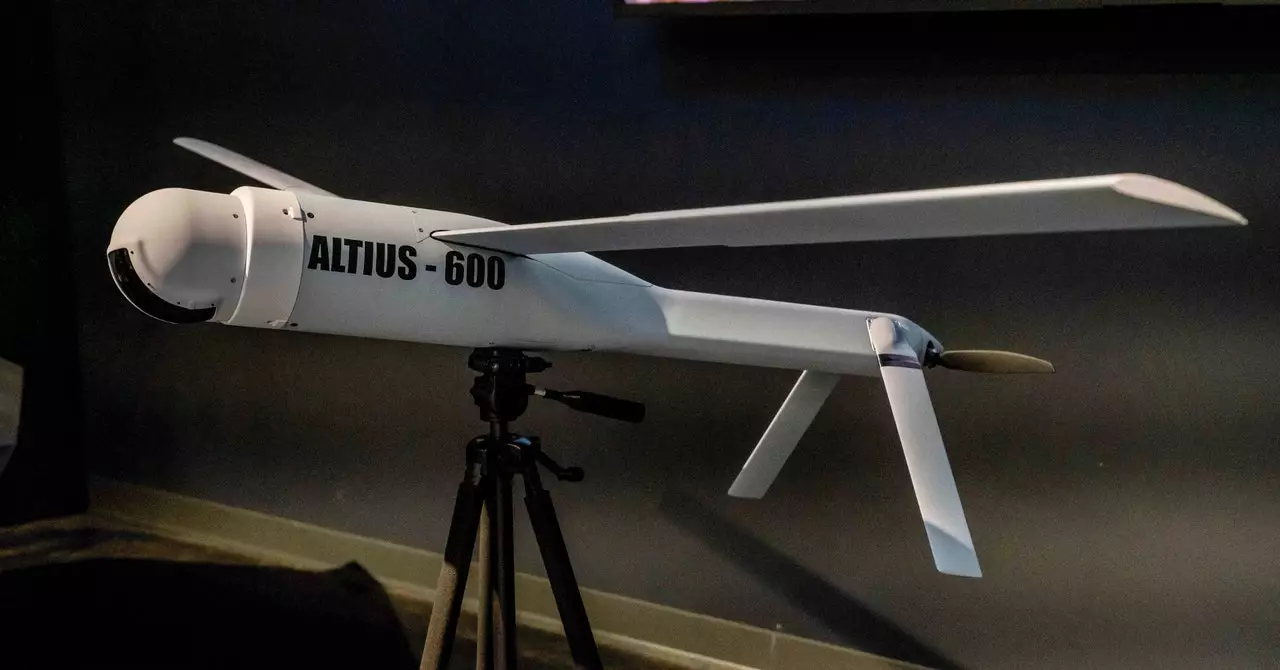In a rapidly evolving technological landscape, the intersection of artificial intelligence (AI) and military applications has emerged as a contentious topic. Recently, OpenAI, a leading player in AI development, announced a partnership with Anduril, a defense startup focused on advanced military technology. This collaboration is indicative of a broader trend among tech companies in Silicon Valley to establish closer relationships with the defense sector. The implications of this partnership are far-reaching, calling for a heightened discourse around ethics, accountability, and the potential consequences of merging cutting-edge AI with military operations.
The partnership between OpenAI and Anduril is heralded by proponents as a groundbreaking opportunity to enhance the capabilities of the U.S. military. According to Sam Altman, CEO of OpenAI, this collaboration aims to leverage AI to ensure compliance with democratic values while providing military solutions. This sentiment aligns with the ongoing discourse around the responsible use of AI, as OpenAI’s models are set to bolster air defense systems. Furthermore, the integration of AI is expected to enable military operators to process information swiftly and reliably, particularly in high-stress environments where time is of the essence.
Brian Schimpf, CEO of Anduril, has emphasized that the cooperation will facilitate the rapid assessment of drone threats, making air operations safer and more efficient. However, while the vision for improved military effectiveness appears compelling, it begs an analysis of the ethical implications entailed in utilizing AI to augment lethal capabilities.
Ethical Considerations: The Slippery Slope of Militarizing AI
As technology advances, the potential for misuse increases, and the integration of AI into defense applications raises significant ethical questions. OpenAI’s revised policy on military applications has stirred internal debate, with former employees expressing concerns about the implications of deploying AI in lethal scenarios. While there were no visible protests against the policy shift, the discontent highlights a growing unease within the tech community regarding the moral ramifications of leveraging AI for military purposes.
In recent years, there has been a notable backlash against tech companies facilitating military operations. The protests at Google over Project Maven serve as a potent reminder of the apprehensions regarding corporate complicity in warfare. With historical context in mind, it is crucial to scrutinize the narratives that position AI advancements as inherently beneficial, especially when intertwined with military objectives.
One of the most pressing questions surrounding the OpenAI and Anduril partnership is that of accountability. As AI systems grow increasingly autonomous, the responsibility for decisions made by these systems becomes ambiguous. This is particularly critical in military applications, where consequences can be catastrophic.
While Anduril aims to develop autonomous drones capable of executing complex missions through enhanced AI capabilities, the absence of a robust ethical framework raises alarms. Critics argue that the advancement of AI in defense could lead to scenarios where decisions regarding life and death are made by algorithms, devoid of human empathy and moral consideration.
Furthermore, the decision-making capabilities of AI are often unpredictable. The reliance on technology that lacks transparency can lead to unforeseen outcomes, thereby compromising mission integrity and human safety. As such, OpenAI and Anduril must navigate the complex landscape of accountability, ensuring that the technologies they deploy adhere to ethical guidelines that prioritize human oversight.
Looking Ahead: The Future of AI in Military Applications
The partnership between OpenAI and Anduril signifies a pivotal moment in the AI and defense sectors. The alliance embodies the potential for innovation and efficiency but simultaneously poses profound ethical dilemmas that cannot be overlooked. As tech giants continue to engage with the military, it becomes paramount that discussions surrounding responsible AI use take center stage, facilitating a balance between technological progress and profound ethical responsibility.
While the integration of AI into defense may present solutions for enhancing military effectiveness, it also beckons a more serious conversation about the boundaries of technology. Collaboration between tech and defense sectors must evolve alongside ethical guidelines that prioritize accountability, ensuring that advancements do not outpace our moral compass. The journey ahead will require vigilance, foresight, and a steadfast commitment to upholding human values in the face of unprecedented technological power.

